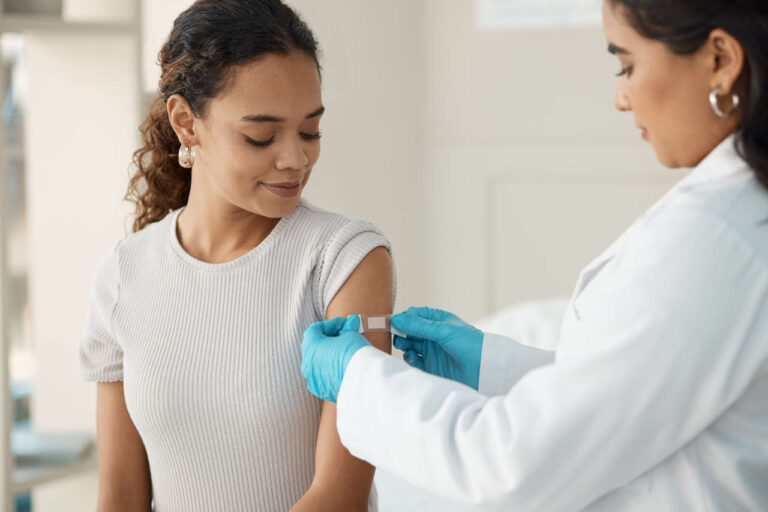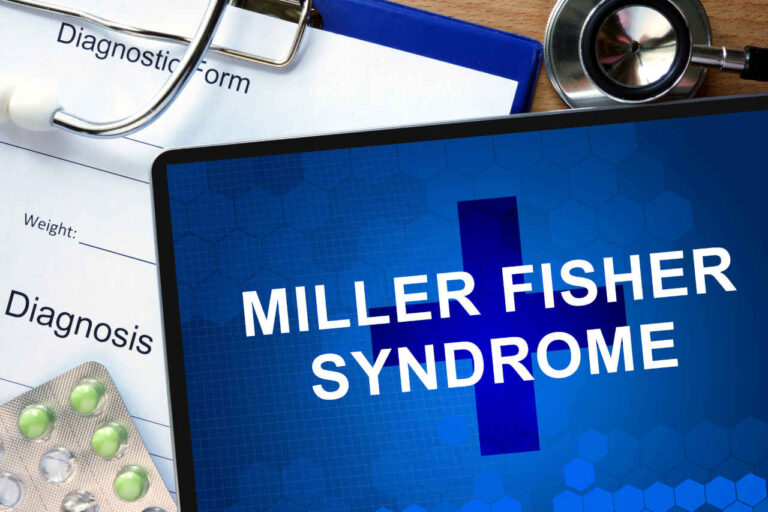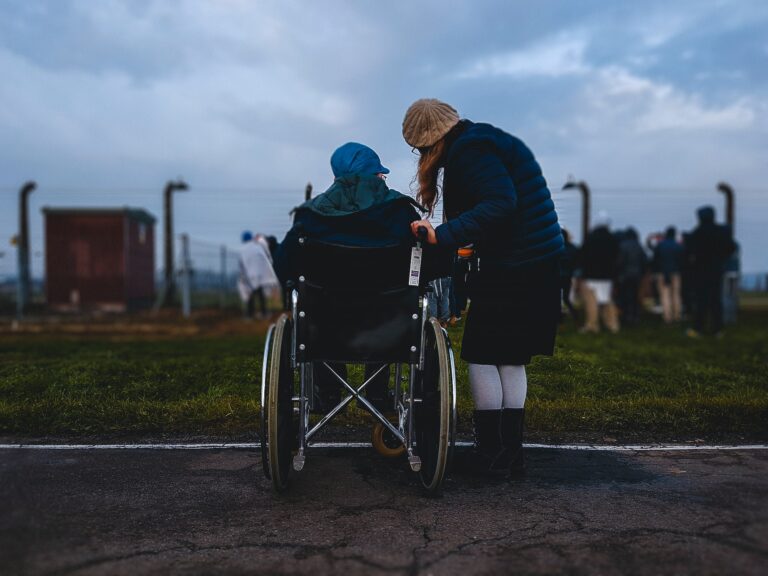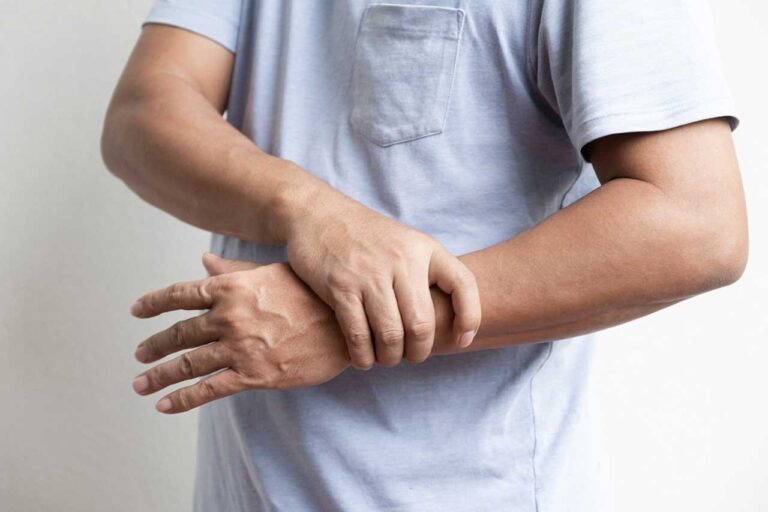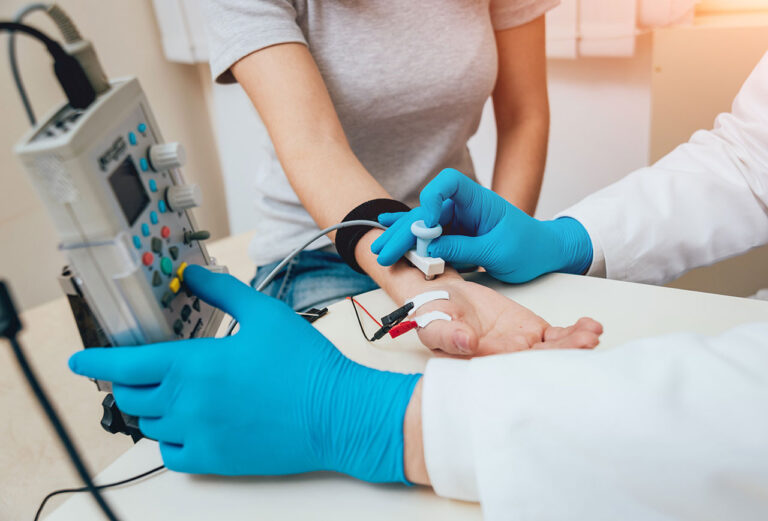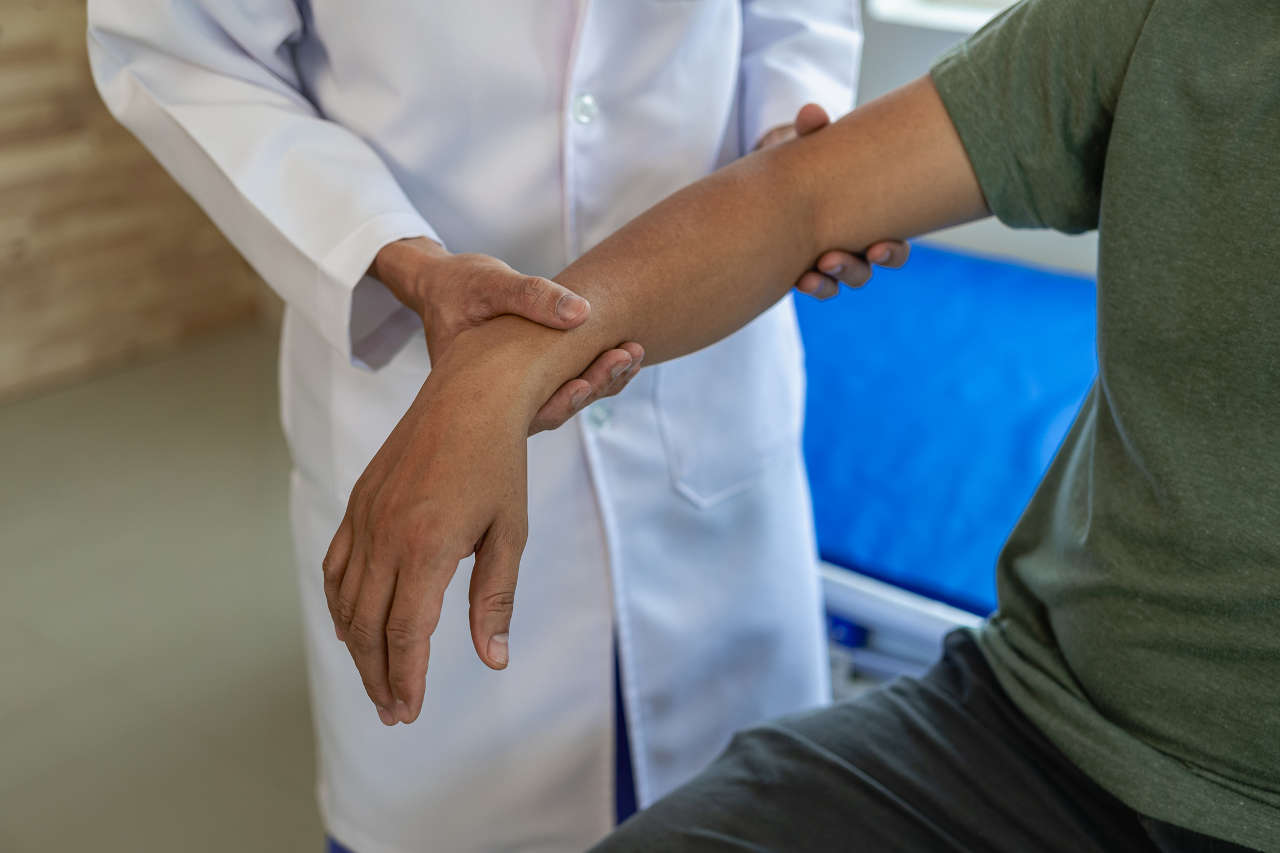
Bài viết này thảo luận về các công ty đã thành lập cũng như mới nổi Hội chứng Guillain-Barre các yếu tố rủi ro.
Nói chuyện với một chuyên gia
Về Trợ cấp đồng thanh toánHội chứng Guillain-Barre là gì?
Hội chứng Guillain-Barre là một tình trạng hiếm gặp, ảnh hưởng đến 3.000 đến 6.000 người Mỹ mỗi năm [1]. Bệnh này khiến hệ miễn dịch tấn công các dây thần kinh ngoại biên. Do đó, nó có thể được coi là một rối loạn tự miễn.
Các dây thần kinh bị ảnh hưởng kiểm soát chuyển động cơ và cảm giác chạm và đau. GBS có thể dẫn đến:
- Yếu cơ
- Mất cảm giác ở chân hoặc tay
- Khó nuốt hoặc khó thở
Nguyên nhân gây ra hội chứng Guillain-Barre vẫn chưa được biết rõ. Các nhà nghiên cứu tin rằng một số bệnh nhiễm trùng kích hoạt hệ miễn dịch tấn công các dây thần kinh.
Hiện tại chưa có cách chữa trị cho tình trạng này. Tuy nhiên, trao đổi huyết tương (lọc huyết tương) và immunoglobulin tĩnh mạch (IVIG) có thể giúp thúc đẩy quá trình phục hồi và giảm mức độ nghiêm trọng.
Đọc thêm: Khám phá liệu pháp IVIG cho hội chứng Guillain-Barre
Những yếu tố nguy cơ gây ra hội chứng Guillain-Barre là gì?
GBS có thể ảnh hưởng đến bất kỳ ai, bất kể tuổi tác và giới tính.
Các yếu tố nguy cơ mắc hội chứng Guillain-Barre đã được xác định bao gồm:
Tuổi
Nguy cơ này có vẻ cao hơn ở những người từ 50 tuổi trở lên.
Tiêu chảy hoặc bệnh về đường hô hấp
Khoảng 66% người mắc GBS bị tiêu chảy hoặc nhiễm trùng đường hô hấp vài tuần trước khi gặp các triệu chứng của GBS.
Campylobacter jejuniVi khuẩn gây tiêu chảy là yếu tố nguy cơ phổ biến nhất của GBS. Loại vi khuẩn này thường có trong thịt gia cầm nấu chưa chín kỹ.
Cứ 1.000 người nhiễm Campylobacter thì có khoảng 1 người mắc GBS. Tương tự, 5% đến 40% người Mỹ mắc GBS gần đây đã bị tiêu chảy liên quan đến Campylobacter.
Nhiễm trùng do vi-rút
Nhiễm trùng với vi-rút cự bàoVirus Epstein-Barr, virus Zika hoặc virus cúm có thể gây ra GBS ở một số người.
Tiêm chủng
Trong một số trường hợp hiếm gặp, các triệu chứng GBS có thể xuất hiện vài ngày hoặc vài tuần sau khi tiêm một số loại vắc-xin nhất định. Một số nghiên cứu cho thấy nguy cơ có thể tăng lên sau khi tiêm vắc-xin cúm [2].
Tuy nhiên, rủi ro này không đáng kể, nhiều nhất là 1 đến 2 trường hợp mắc thêm trên một triệu liều vắc-xin.
Trên thực tế, bạn có khả năng mắc GBS do cúm cao hơn là do vắc-xin cúm.
Do đó, rủi ro nhỏ này không nên ngăn cản bạn hoặc người thân của bạn tiêm vắc-xin theo khuyến cáo.
Giới tính
GBS ảnh hưởng đến nam giới nhiều hơn nữ giới một chút.
Ca phẫu thuật
GBS do phẫu thuật, còn gọi là GBS sau phẫu thuật, có thể ảnh hưởng đến 5 – 9% người lớn [3].
Hỏi về dịch truyền IVIG tại nhà
COVID-19 và Vắc-xin COVID-19: Các yếu tố nguy cơ mới nổi của Hội chứng Guillain-Barre
Năm 2021, một nhóm các nhà nghiên cứu Ấn Độ đã chia sẻ năm báo cáo trường hợp, cho thấy mối liên hệ có thể có giữa COVID-19 và GBS [4]. Tương tự như vậy, các tác giả của một nghiên cứu năm 2023 đã làm sáng tỏ sự xuất hiện của GBS sau COVID-19 [5].
Tuy nhiên, vẫn cần phải nghiên cứu thêm.
Nguy cơ mắc GBS cao hơn được dự đoán ở những người được tiêm vắc-xin COVID-19 dựa trên vector [6,7]. Ví dụ về các loại vắc-xin như vậy là vắc-xin COVID-19 Johnson & Johnson và AstraZeneca.
Giống như các loại vắc-xin khác, nguy cơ mắc GBS sau khi tiêm vắc-xin COVID-19 không tăng đáng kể.
Rất may là vắc-xin mRNA, chẳng hạn như vắc-xin Moderna COVID-19, dường như không gây ra bất kỳ vấn đề nào.
Những điểm chính
- Hội chứng Guillain-Barre là một bệnh tự miễn hiếm gặp nhưng nghiêm trọng, không xác định được nguyên nhân và không có cách chữa trị.
- Các triệu chứng bao gồm yếu cơ và mất cảm giác.
- Hầu hết các trường hợp đều hồi phục hoàn toàn.
- Các phương pháp điều trị như trao đổi huyết tương và IVIG có thể giúp làm giảm các triệu chứng của bạn.
- Tuổi tác và nhiễm trùng do vi khuẩn hoặc vi-rút là những yếu tố nguy cơ hàng đầu gây ra hội chứng Guillain-Barre.
- Nhiễm trùng với Campylobacter jejuni, thường có trong thịt gia cầm nấu chưa chín, là yếu tố nguy cơ phổ biến nhất.
- Một số nghiên cứu đã chỉ ra mối liên hệ giữa COVID-19 và các loại vắc-xin khác với căn bệnh này. Tuy nhiên, nguy cơ này không đáng kể.
TÀI LIỆU THAM KHẢO:
- Trung tâm Kiểm soát và Phòng ngừa Dịch bệnh. Hội chứng Guillain-Barré. https://www.cdc.gov/campylobacter/guillain-barre.html
- Babazadeh, Arefeh và cộng sự. “Tiêm phòng cúm và hội chứng Guillain-Barré: Thực tế hay nỗi sợ hãi.” Tạp chí Y học Nội khoa Chuyển dịch, tập 7, 137-142. 31 tháng 12 năm 2019, doi:10.2478/jtim-2019-0028
- Khosroshahi, Nahid và cộng sự. “Hội chứng Guillain-Barré suy yếu sau phẫu thuật bụng.” Tạp chí Thần kinh Nhi khoa Iran, tập 16, 2 (2022): 155-159. doi:10.22037/ijcn.v15i3.30815
- Khan, Farman và cộng sự. “Hội chứng Guillain-Barre liên quan đến COVID-19: Chỉ sau nhiễm trùng hay còn xâm lấn thần kinh nữa?” Tạp chí Virus học Y khoa tập 93, 10 (2021): 6045-6049. doi:10.1002/jmv.27159
- Malekpour, Mahdi và cộng sự. “COVID-19 là tác nhân gây ra hội chứng Guillain-Barré: Tổng quan về cơ chế phân tử.” Miễn dịch, viêm nhiễm và bệnh tật, tập 11,5 (2023): e875. doi:10.1002/iid3.875
- Ogunjimi, Olajide Bamidele và cộng sự. “Hội chứng Guillain-Barré do tiêm vắc-xin phòng COVID-19: Tổng quan hệ thống và Phân tích tổng hợp.” Cureus tập 15, số 37578. Ngày 14 tháng 4 năm 2023, doi:10.7759/cureus.37578
- Ha, Jongmok và cộng sự. “Dữ liệu thực tế về tỷ lệ mắc và nguy cơ mắc hội chứng Guillain-Barré sau khi tiêm vắc-xin SARS-CoV-2: một nghiên cứu giám sát triển vọng.” Báo cáo khoa học tập 13, 1 3773. Ngày 7 tháng 3 năm 2023, doi:10.1038/s41598-023-30940-1

